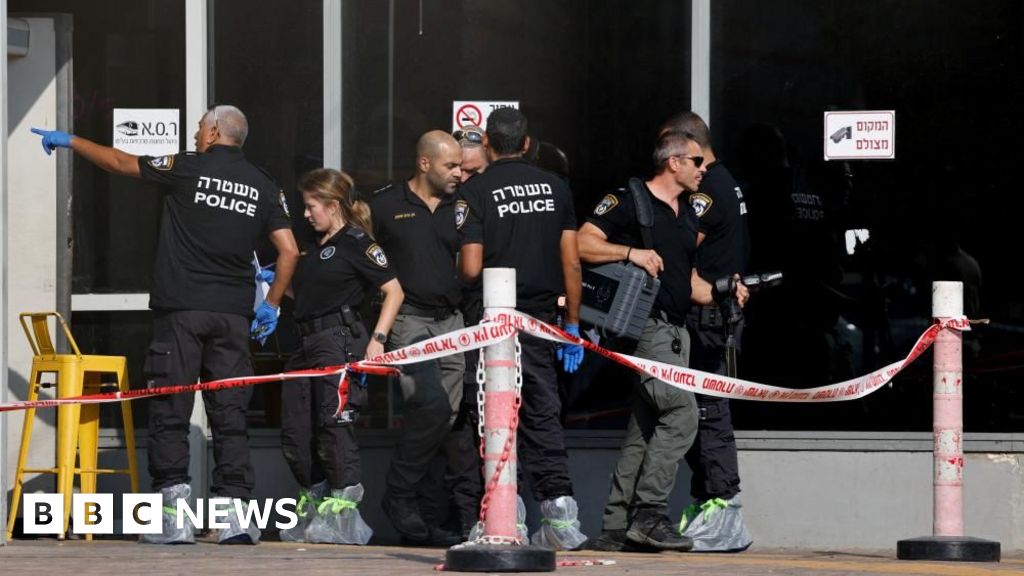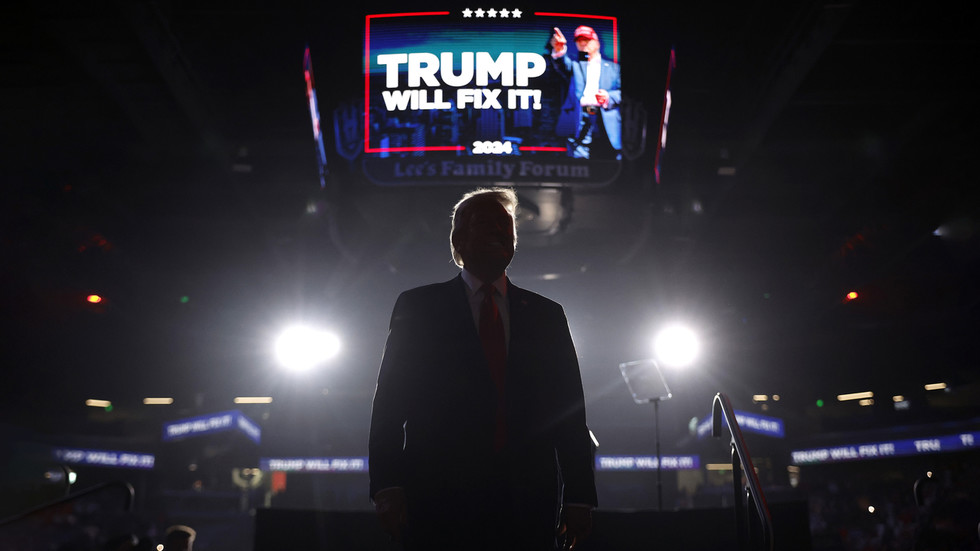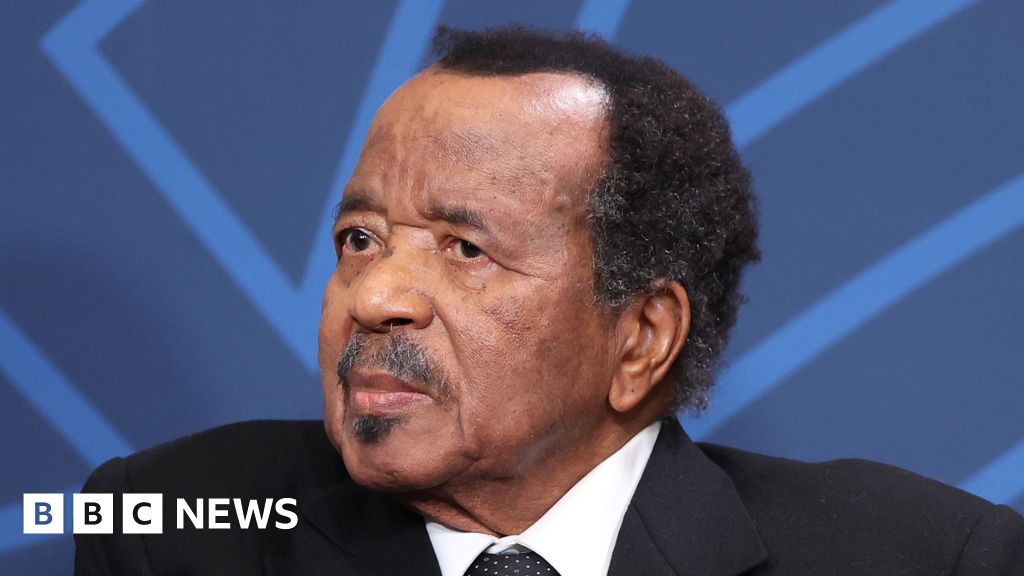UNITED NATIONS, Sep 19 (IPS) - The United Nations, over the last year, has been relentlessly promoting the upcoming Summit of the Future – scheduled for September 22-23—as a landmark event.
And rightly so.
But, surprisingly, the provisional list of speakers, released early this week, reflects notable absentees for a high-level summit-- the five permanent members (P5) of the Security Council -- whose representatives do not include any head of state (HS) or head of government (HG).
The US, UK, France and Russia will be represented by "ministers" (the US probably represented by the secretary of state or the UN ambassador), while China is to be represented by a deputy prime minister (DPM), ranking still below a HS or a HG.
Does the absence of high-level political leaders from the P5 downgrade the significance of this much-ballyhooed summit meeting focusing on a "better future for humanity"?
The only HS and HGs are largely from the global South, including India, Brazil, Bangladesh, Chile, Iran, Peru, Pakistan, South Africa, Qatar and Costa Rica, among others-- plus the Scandinavian countries.
At a press briefing September 18, Secretary-General Antonio Guterres said one of issues before the summit is a longstanding proposal for the reform of the Security Council.
"One of the very important aspects in the Summit of The Future is the recognition that our institutions need to be reformed. And one of the institutions that needs that reform is the Security Council," he pointed out.
He said one of the questions that is important in relation to the future relates exactly to the role of the P5 and the need to have a certain redistribution of power to make things more fair and more effective.
The Summit of the Future is about the need to have effective governance of artificial intelligence; about accelerating the fight against climate chaos; about the reform of the Security Council under the international financial architecture; about all the questions related to debt, and the lack of financial resources that are undermining the development of developing countries around the world.
The Summit of the Future is also about the questions of disarmament and especially, the problems of weaponization of new kinds of technological devices, including the use of autonomous weapons.
"So, I believe that if there is something today that addresses the real challenges that we face or tries to address, it is the Summit of the Future," Guterres declared.
So, why are the P5 leaders skipping the summit? Is it for personal or political reasons?
Mandeep Tiwana, Chief Officer, Evidence and Engagement, at CIVICUS, a global alliance of civil society organisations and activists, told IPS whether P-5 leaders attend the Summit or not is immaterial.
Their bickering and unwillingness to act to stop the atrocities in the Occupied Palestinian Territories, Sudan and Ukraine show they are not credible actors in securing a better future for humanity, he said.
"With P-5 states presently preoccupied with pursuing their narrowly defined national interests, meaningful progress on peace, sustainable development and human rights for future generations is likely to come from smaller less powerful states that still believe in the power of international solidarity and cooperation. The world's problems are too complex to be managed by the P-5 or by governments alone."
So far, he said, the Pact for the Future - a key outcome document - offers little in terms of innovation to enhance people's and civil society participation at the UN.
"If the current situation persists it would be a missed opportunity for the international community to advance the aspiration of a people's United Nations that is fit for purpose to address present and future challenges. Already, intersecting global crises, political rivalries between countries, and limitations of heavily state-centric approaches are causing diplomatic impasses and hampering the UN's effectiveness," he declared.
Brenda Mofya, Oxfam International's UN Representative, told IPS: "We need all nations to take this Summit -- and the opportunity for sweeping reform it brings -- seriously."
"The P5 hold outsize power in the Security Council and throughout the multilateral system and their level of representation at such an event does send a message. This Summit is not the end - it is the beginning. As we see inequality, conflict and the climate crisis only deepen, leaders must redouble their efforts and restore people's faith in the UN as the home for peace, security and cooperation," said Mofya.
Andreas Bummel, co-Founder and Executive Director of Democracy Without Borders, told IPS the Summit of the Future was promoted as a once-in-a-generation opportunity to revamp the UN and multilateralism.
In some areas the outcome document represents a step forward but the Summit overall is not a breakthrough moment. This does not come as a surprise. The political landscape at the UN is contentious and consensus on far-reaching ideas is impossible to achieve, he argued.
Authoritarian governments, in particular, he pointed out, are not interested in strengthening the UN or transforming global governance.
"The absence of many heads of state from the Summit nonetheless is unfortunate. It certainly limits the significance of the event even further," he said.
Purnima Mane, former President and CEO of Pathfinder International and former Deputy Executive Director (Programme) and UN Assistant-Secretary-General (ASG) at the UN Population Fund (UNFPA), told IPS the Summit of the Future is theoretically an important landmark UN event as promoted by the UN.
"But it can only be so, if all governments including the P-5 are represented at its highest or very senior levels i.e. Head of State or Head of Government."
The provisional list of speakers suggests that this is not likely to be so for the P-5 countries. It is significant that representation at the senior most levels is largely from the South, from countries in Asia, Africa and Latin America.
With the themes of the Summit focusing on areas vital to the world's future like sustainable development, international peace and security, science, technology and innovation and digital cooperation, youth and future generations, and transforming global governance, the Summit surely carries the potential of invigorating global commitment to these key issues vital for global development today and more so, tomorrow.
While the absence of the senior-most leadership from the P5 countries at the Summit is disheartening, she said, this can also be seen as a key opportunity for other countries to share their vision and express their willingness and capacity to engage with the issues being discussed, and thereby, step up and take on a much larger leadership role on these issues.
This might result in a transformation of the leadership of the future in its truest sense – a potential result that could be seen as much needed, declared Mane.
Meanwhile, when the high-level segment of the UN General Assembly took place last September, there were also several key world leaders missing—including, most importantly, leaders of the four of the five permanent members of the Security Council, the most powerful political body at the United Nations.
Only US President Joe Biden was there –while Emmanuel Macron of France, Xi Jinping of China, Vladimir Putin of Russia and Rishi Sunak of UK skipped the UN sessions.
As an article in Le Monde pointed out: "Such notable absences reflect the crisis affecting UN bodies, against a backdrop of an international stage that is crumbling."
A former diplomat Gérard Araud, a one-time French ambassador to the United Nations, said, "Multilateralism is seriously compromised in an increasingly multipolar world."
"The absence of Security Council leaders is yet another symptom, but not the only one, of a powerless UN, caused by the war in Ukraine and the rivalry between the United States and China.
IPS UN Bureau Report
Follow @IPSNewsUNBureau
Follow IPS News UN Bureau on Instagram
© Inter Press Service (2024) — All Rights ReservedOriginal source: Inter Press Service

 1 month ago
12
1 month ago
12










 English (US) ·
English (US) ·